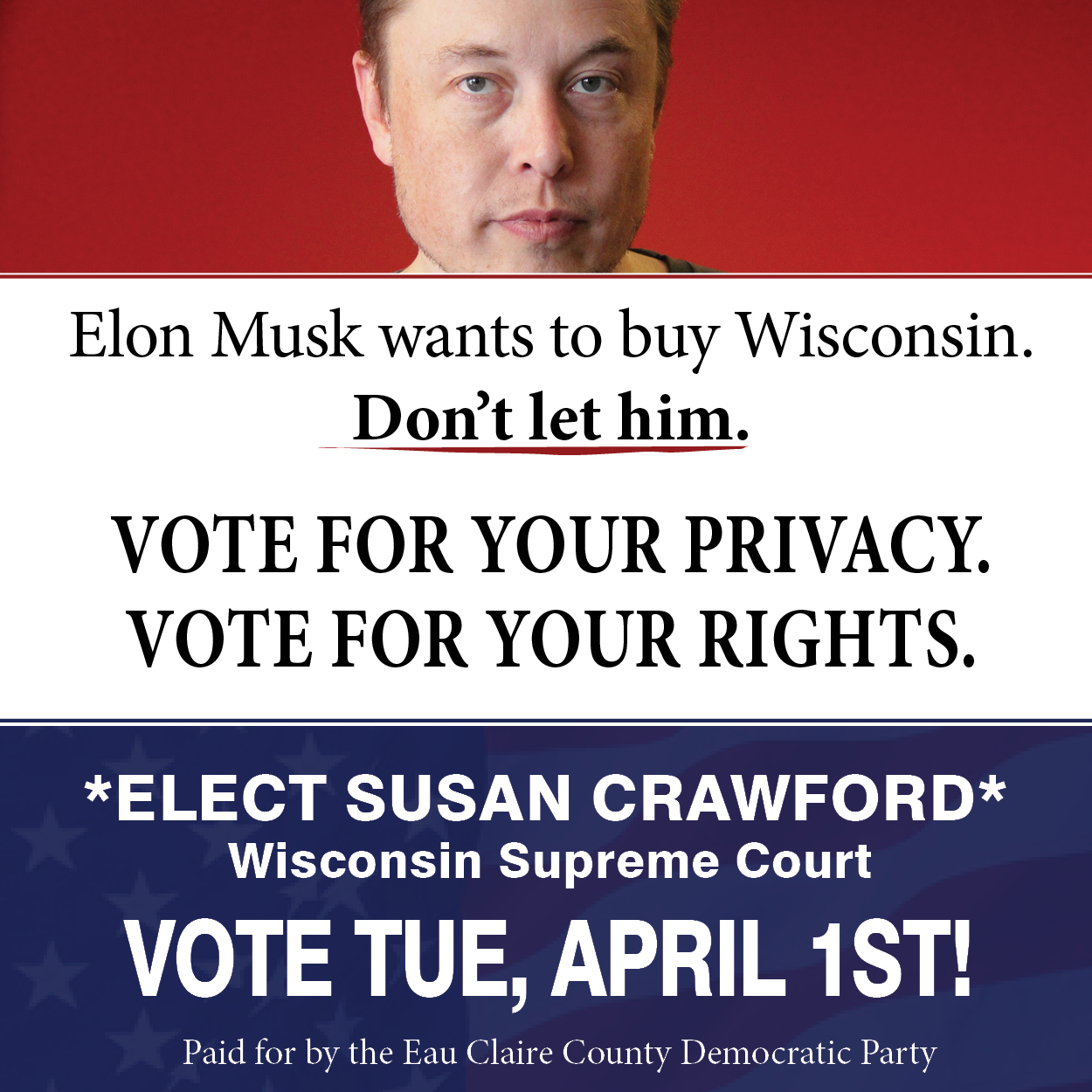Information isn’t cheap
Net neutrality keeps Internet equal and open
February 6, 2014
I am confident in saying we all take the Internet for granted. We have infinite access to everything we have ever wanted and we don’t stop to think about it.
There is something called net neutrality that I honestly had never heard of before, but when I studied up on it, I became shocked at what would happen to the Internet world without it.
The idea of net neutrality argues Internet service providers and the government should treat all data on the Internet equally. This means not charging different amounts of money to access certain websites or data.
According to the Federal Communications Commission website, net neutrality, or “open Internet,” has three strong guidelines: transparency, no blocking and no unreasonable discrimination.
Net neutrality is not a law, but if it were completely negated, we would be in for a wild ride. You would possibly have to pay extra money to use certain websites like Netflix or search engines like Google.
I understand Internet providers would want to earn more money. That’s the way the world works, but we are already paying for Internet access, assuming we then have the right to anything and everything on the Internet. Which actually sounds greedy in a way.
However, think about having to pay an extra $5 for your favorite search engine. I know, that does not seem like a lot, but it’s the principle of it. We all marathon watch (see: Breaking Bad), we all put off important things to settle on in with Netflix, or Hulu, and for both of these programs, we already have to pay for it.
According to the Huffington Post, the FCC had an order that would require Internet service providers to abide by rules of net neutrality. Because this order was denied, Internet providers can continue to purposely slow down downloading times, or even block websites they don’t like.
Blocking content or slowing down downloading times on purpose seems passive aggressive. The only silver lining I see is this also gives websites the power to block spam and viruses. I’m all for that aspect, but once you start slowing down or blocking things that I want to access, I tend to get a little frustrated. Currently, Internet Service Providers like Verizon and Time Warner Cable can make deals with companies in exchange for money to actually quicken content delivery.
This situation isn’t going unnoticed. President Obama said he remains strongly committed to making sure these types of things remain under control, according to the White House website. He believes an Internet that “fosters investment, innovation, consumer choice and free speech” are aspects of the Internet that need to be saved.
No one is sure about the future of the Internet, or if charging for websites will happen. But we need to pay attention to the fact that our ISPs may be changing the way we use the Internet and speak out about our right to have an open Internet.


